Overcoming OCD: Strategies for Seeking Help and Finding Relief
Living with Obsessive-Compulsive Disorder (OCD) can be overwhelming and impact various aspects of life. However, there is hope. With the right support and strategies, you can overcome the challenges posed by OCD and find relief. In this blog post, we will explore different avenues for seeking OCD help and discuss effective strategies to manage the disorder.
1. Reach Out to a Mental Health Professional
One of the first steps in finding OCD help is to seek the guidance of a qualified mental health professional. A therapist or psychiatrist experienced in treating OCD can provide valuable insights, education, and evidence-based therapies to help you navigate the disorder effectively. They may recommend techniques such as Cognitive-Behavioral Therapy (CBT) or Exposure and Response Prevention (ERP) to address obsessions and compulsions.
2. Explore Support Groups
Connecting with others who have firsthand experience with OCD can be immensely comforting and beneficial. Consider joining support groups for individuals living with OCD. These groups offer a safe space to share experiences, gain support, and learn from others who face similar challenges. Online communities and local organizations often host such groups, providing opportunities for connection and understanding.
3. Educate Yourself and Loved Ones
Knowledge is a powerful tool in managing OCD. Educate yourself about the nature of the disorder, its symptoms, and common treatment approaches. Understanding OCD empowers you to recognize triggers, challenge irrational thoughts, and implement effective coping strategies. Share this knowledge with loved ones and encourage them to learn about OCD as well. Their support and understanding can make a significant impact on your journey toward recovery.
4. Develop Coping Skills
Learning and implementing coping skills can help you manage OCD symptoms effectively. These skills may include relaxation techniques, mindfulness, and stress reduction strategies. Engaging in regular physical exercise, maintaining a healthy lifestyle, and practicing self-care can also contribute to better overall well-being.
5. Establish a Support System
Lean on your support system during difficult times. Share your thoughts and feelings with trusted friends or family members who can provide understanding and encouragement. Having a network of people who are aware of your needs and challenges can alleviate feelings of isolation and strengthen your resilience.
6. Seek Online Resources
The digital landscape offers a wealth of resources for OCD help. Explore reputable websites, blogs, and forums dedicated to OCD awareness and support. These platforms often provide self-help articles, information on treatment options, and stories of individuals who have successfully managed their OCD. However, ensure that the information comes from credible sources.
7. Practice Self-Compassion
Remember to be gentle with yourself throughout your OCD journey. OCD can be challenging, and setbacks are common. Cultivating self-compassion allows you to acknowledge your efforts and progress, even in difficult times. Treat yourself with kindness, celebrate small victories, and understand that recovery is a process that requires patience and perseverance.
8. Stay Consistent and Seek Professional Help
While self-help strategies can be valuable, it's crucial to remember that professional help is often necessary for effectively managing OCD. Therapists and psychiatrists have the expertise and experience to tailor treatments to your unique needs. So, remain consistent in attending therapy, follow the recommended treatment plan, and communicate openly with your healthcare provider.
Remember, seeking OCD help is a courageous step toward reclaiming your life. With professional guidance, support from loved ones, and the right strategies, you can overcome OCD's grip and find relief. Be patient with yourself and trust that better days lie ahead.
Please note that this blog post is for informational purposes only and should not replace professional advice. Always consult with a qualified mental health professional for personalized guidance.
Looking to schedule with one of our OCD specialist counselors? Schedule a free treatment consultation here.
